 Creating a story is a challenge. Creating one that readers actually complete from beginning to end? That’s even more challenging.
Creating a story is a challenge. Creating one that readers actually complete from beginning to end? That’s even more challenging.
As a beginning writer, it took me years to understand how plot worked, but today I’m going to help you start off on the right foot! We’re going to untangle your plot, conflict, and tension and examine how they all relate. And most importantly, how you can use them to design a page-turning story.
Behind on the Writing 101 series? Click to catch up! Part 1 (The Fundamentals of Story), Part 2 (Writing Term Glossary), and Part 3 (Creating a Successful Hero & Villain).
What is Conflict?
Conflict: a clash between two opposing sides.
Conflict is the foundation of any novel. Without it, you have no story. So how do you create conflict? First, you must give your hero a goal. Only when you know what he is trying to achieve can you put obstacles in his path to keep him from getting what he wants. This clash of the hero’s desire and the forces standing against him are your conflict.
For example, look at the fairy tale Cinderella. What does Cinderella want? To attend the ball. What forces oppose her? Her stepmother. Their opposing goals create the conflict of the story, and the reader will have to keep reading to see who wins in the end.
But, here’s the thing–a hero with a goal isn’t enough to carry your story, no matter how amazing it is. In order for the reader to stick through your entire novel, they must care about your hero. Otherwise, the hero’s goal won’t matter. The reader won’t care if they win or fail.
But with Cinderella, we sympathize with her for several reasons–her father’s death, her stepmother and stepsister’s cruelty, and her days of endless chores. Some readers might even be able to relate to her in some ways. And despite all the abuse, she remains strong and kind and dreams of a better life. We want to see her achieve her goal of attending the ball.
So spend the time developing your hero into a life-like human being we can care about and cheer for!
What is Plot?
When I first started writing, my definition of plot was very vague. I thought a plot was just all the exciting stuff that happened in a story. You know, car chases, kidnappings, murders, sword fights, and all that jazz.
But since then I’ve learned that you can’t string together a bunch of random events together and call it a story, no matter how epic they may be. Your story will lack direction and focus, and it won’t be much of a story at all.
Let me paint you a picture. Your plot is like a ship sailing on the churning, choppy waves of conflict. It could go anywhere; it could easily become lost, or even crash upon the rocks of the shore. Your hero’s goal is the guiding light, the lighthouse that ensures the ships stays on course and reaches its destination safely.
In other words, your plot is the vehicle through which the conflict plays out, and your hero’s goal gives meaning to the conflict and guides the plot.
Plot: the account of the actions the hero takes to achieve his goal, and the obstacles he must overcome along the way.
Remember back in Part I when we defined story?:
A story is about someone (hero) who wants something (goal), sets out on a journey to attain it (plot), and grows or learns something along the way (change).
Your plot is you hero’s journey. The steps he takes to attain what he wants, the obstacles he meets along the way, and how he fights to overcome them. A ship navigating a treacherous sea, trying to reach its destination.
Together, your hero’s goal and your story’s conflict create tension.
What is Tension?
Tension: the anticipation of what will happen next in a story. Driven by concern and/or curiosity in the reader.
While conflict is the foundation of story, tension is what keeps readers turning pages. Your hero’s goal + your story’s conflict create a question that must be answered throughout the course of the novel. Broadly speaking, that question is: Will the hero achieve his goal? This question creates your novel’s tension, forcing readers to turn pages to find the answer, to discover what will happen to a character they care about.
But that’s very vague, so let’s look at a specific example. In Cinderella, her goal is to attend the royal ball, but her wicked stepmother is the conflict opposing her. This creates the question: Will Cinderella attend the ball?
But good stories create more than one question, aka source of tension. Your goal is to look for ways to get your hero into trouble–to keep him from reaching his goal–and make the trouble increasingly worse as the story goes along.
Cinderella faces several obstacles. First, her stepmother destroys her gown and bans her from attending the ball. The situation seems pretty hopeless, causing readers to wonder if the stepmother has won. How can Cinderella possibly attend the ball now?
Then the fairy godmother shows up, and creates a gown and carriage for Cinderella. That could be the end of the story, but there’s a catch–Cinderella must return home before midnight or the magic will wear off. Now we have a new source of tension: Will Cinderella make it home in time? Will her stepmother or stepsisters will recognize her at the ball?
When Cinderella finally arrives at the ball, she dances with prince. But then the clock begins to strike midnight and she has to make a run for it, leaving her glass slipper behind. Again, a new source of tension is introduced as the prince decides to find the slipper’s owner: Will the prince find Cinderella? Will her stepmother manage to trick him into thinking the slipper belongs to one of Cinderella’s stepsisters? Will Cinderella marry the prince and live happily ever after?
The reader continues to turn the pages out of both worry for Cinderella, a character they love and who they want to win, and curiosity over what will happen next. To create tension throughout your story you must continually create questions. As soon as one question is answered, create another. This will carry your readers through your story and create a page-turner of a novel!
What’s your biggest struggle with plot or tension? Let me know in the comments below!
P.S. Ready for Part 5? Click here to learn the basics of dialogue!










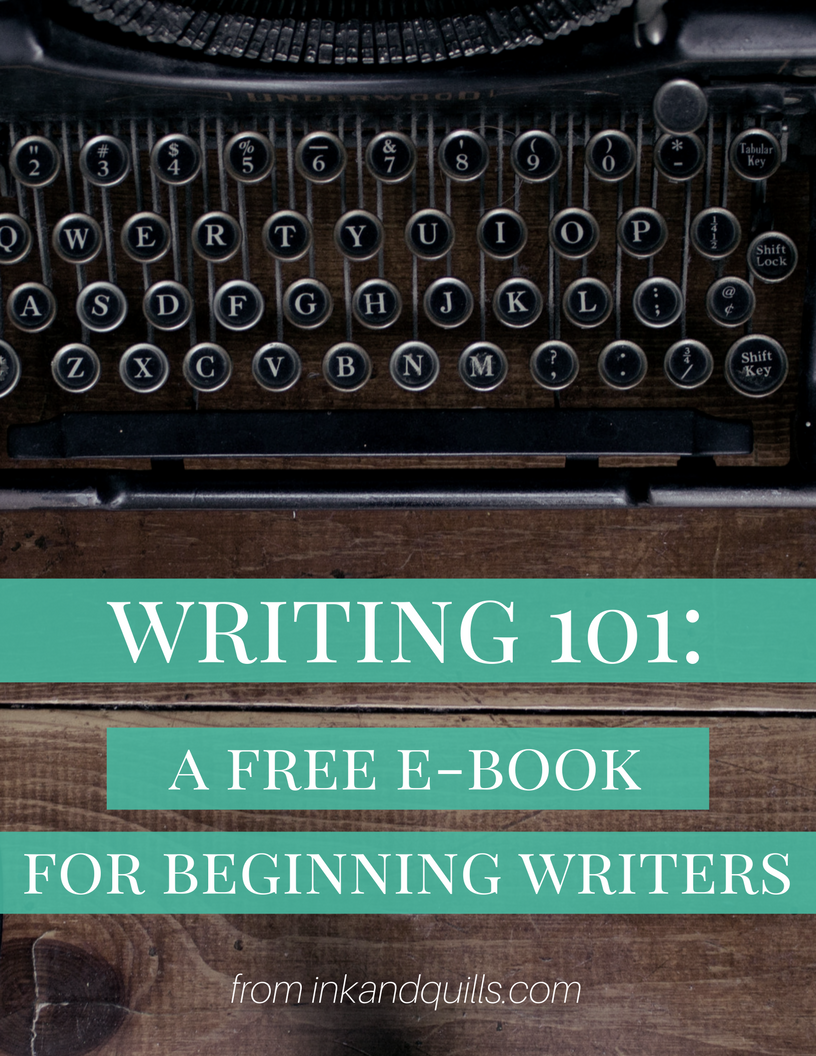

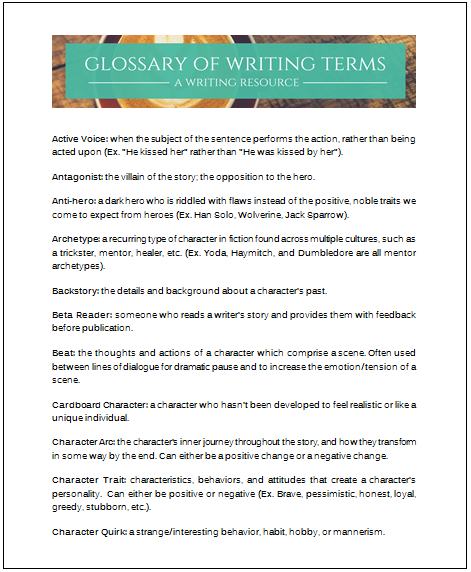

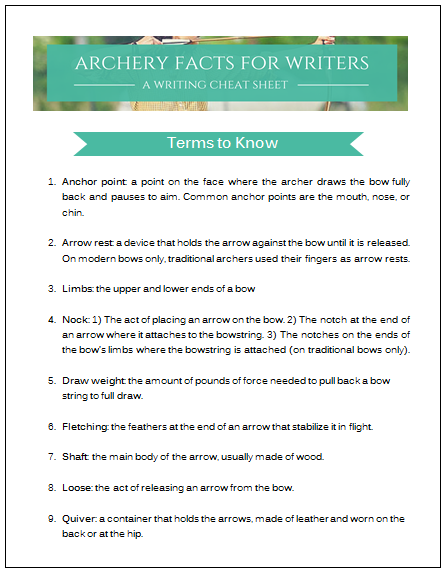



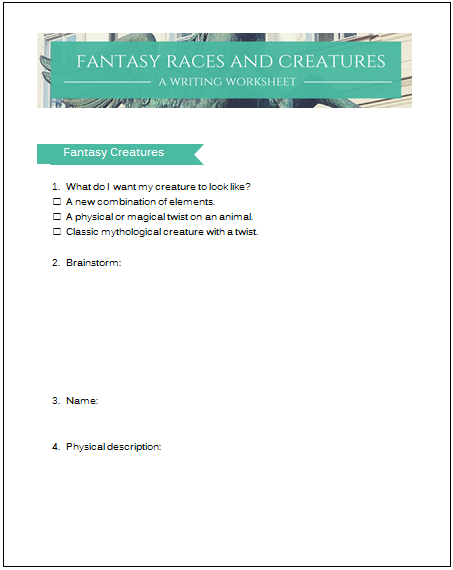


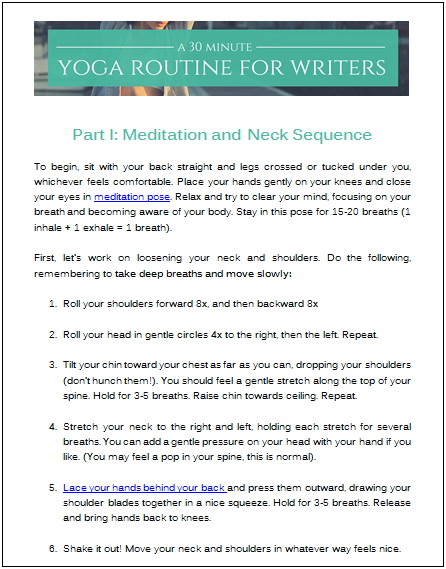
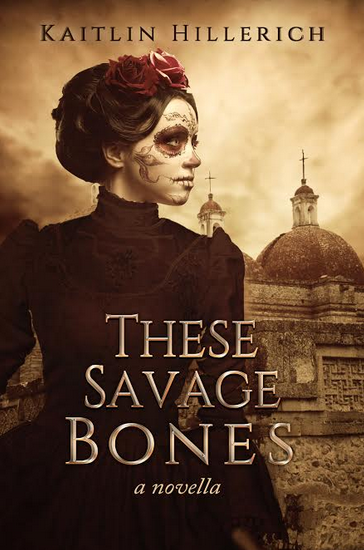
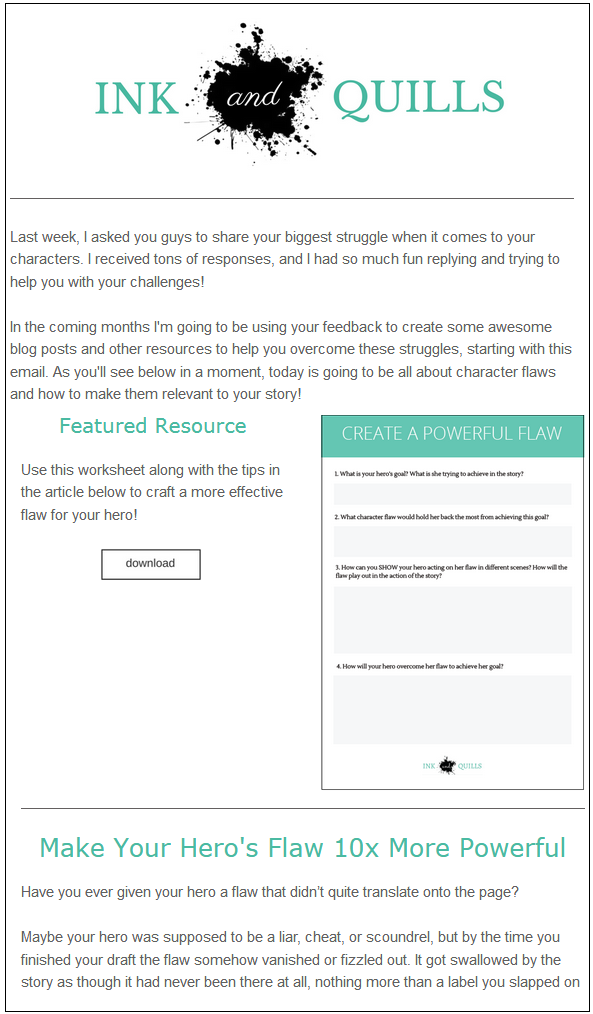
Cool analogy about plot being the boat, conflict as the water, and the goal being the lighthouse. Easy to visualize and remember. I’ll be sure to use it for my future WIPs.
Hi Kaitlin,
My biggest challenge with plot and tension is maintaining the tension throughout the novel. I find lulls where the suspense falls flat or doesn’t seem high enough to evoke the proper emotion. Usually I can fix this by cutting unnecessary scenes or adding a new challenge/obstacle.
Do you have any suggestions for ways to avoid these drops or flat lines in tension when writing?
Thanks and keep up the great work! I love your blog!
Hi! Love the article. Just so you know, I moonlight as a member of the typo police force – ‘Your plot is you hero’s journey’ should be…your hero’s.
Keep up the great stuff!
How do you know when enough is enough? I’ve had readers tell me that there was too much tension in my story, that they felt they were on the edge all the time and it was too much.
Which reminds me of a television series that is currently running in the US called ‘Scorpion’. Everything, from the minute the show starts, is a life and death situation. This leaves no climax for the end and makes all of the earlier tension irrelevant.
So again I ask, how do you know when enough is enough?
Thanks for this post, Kaitlin!
Sometimes I have doubts about whether I’ve really created another question that’s good enough, or if I have enough tension to begin with.
Getting the who, what, when, where and why down is always the easy part. Creating a page turner is the hardest. But this post helped put some things into perspective for me.
Kayla
I write flash fiction mostly, but would love to write a novel or even a novella. Problem is, I fear that I can’t maintain the tension over that many words, the way I can with a shorter story. I understand that one should weave multiple threads, ask another question when one is answered, etc.. But is this enough? Any other advice o this topic? Thank you!